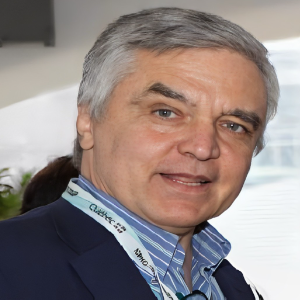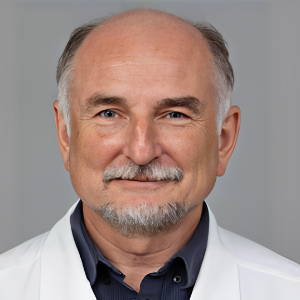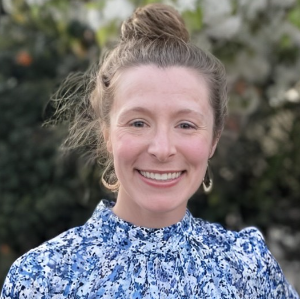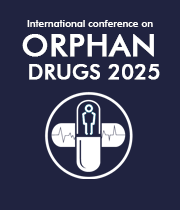Pharmacology and Toxicology
Due to the unique characteristics of rare diseases, developing medications for them might be difficult. The rarity of a condition makes drug development difficult. Due to a paucity of people, well-designed clinical trials to demonstrate efficacy can be difficult to conduct, and studies substantial enough to determine major hazards are nearly impossible to do. When no other options are available, patients may be ready to risk side effects in exchange for potential benefits, but the benefit-to-harm balance is difficult to quantify and may be unfavourable in some situations. Clinical pharmacology, a translational discipline, is a critical component of drug development, including therapeutic development for rare diseases. Health administrators have financial challenges when it comes to innovative pharmaceuticals, particularly orphan drugs. Individual rare disorders impact a small number of people, yet they collectively affect a significant portion of the population. They require our assistance.
- Drug Repurposing
- Safety Assessment
- Clinical Trials
- Patient Involvement
- Translational Research
- Clinical Pharmacology
- Orphan Drug Development

Sergey Suchkov
The Russian University of Medicine & Russian Academy of Natural Sciences, Russian Federation
Vladlen Slepak
University of Miami, United States
Harsha Rajasimha
Jeeva Clinical Trials, Inc, United States
Vladlen Slepak
University of Miami, United States
Harsha Rajasimha
Jeeva Clinical Trials, Inc, United States
Sergey Suchkov
The Russian University of Medicine & Russian Academy of Natural Sciences, Russian Federation


Title : Emerging solutions for inclusive orphan drug clinical trials management
Harsha Rajasimha, Jeeva Clinical Trials, Inc, United States
Title : Ectopically expressed olfactory receptors as an untapped family of drug targets. Discovery of agonists and antagonists of OR51E1, an understudied G protein-coupled receptor
Vladlen Slepak, University of Miami, United States
Title : Personalized and Precision Medicine (PPM) as a unique healthcare model to secure the human healthcare and biosafety among childhood
Sergey Suchkov, The Russian University of Medicine & Russian Academy of Natural Sciences, Russian Federation
Title : Orphan and rare disease emerging as a global public health priority through the view of personalized and precision medicine: How to use the latter to revolutionize pediatric services
Sergey Suchkov, The Russian University of Medicine & Russian Academy of Natural Sciences, Russian Federation
Title : Personalized and Precision Medicine (PPM) though the view of reproductive healthcare, pediatric services and natural family planning: an option for clinicians and caregivers realize the potential of genomics-informed care to secure the individualized human biosafety
Sergey Suchkov, The Russian University of Medicine & Russian Academy of Natural Sciences, Russian Federation
Title : Democratizing ASO drug discovery at La Jolla Labs
Melissa Keenan, La Jolla Labs, United States